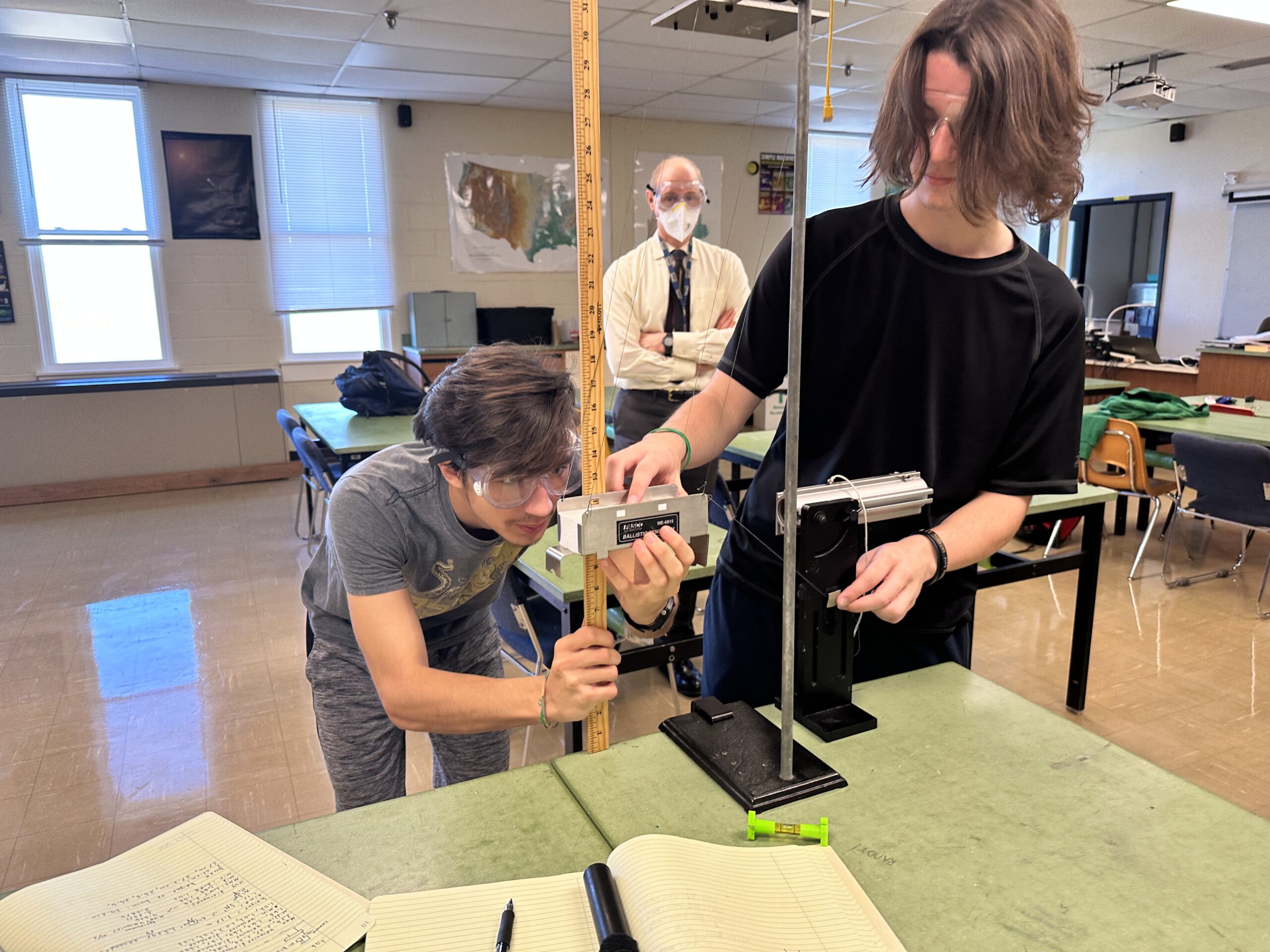
LIMESTONE, Maine – Leaders from the Maine School of Science and Mathematics are asking the Legislature to give the public magnet school more funding, or else risk potential budget cuts that would affect students.
Last year, state Sen. Troy Jackson, D-Allagash, proposed LD 1458, a law that would have increased the school’s total funding by $1.9 million. The state’s portion of MSSM’s budget has been flat funded at $3.6 million since 2017. LD 1458 would have covered the annual room and board fees for students and given a 10-percent increase in employee wages.
The bill did not pass as proposed. Instead, Gov. Janet Mills signed off on a one-time allocation of $500,000 that MSSM will receive for fiscal year 2024-2025.
Now, school leaders and Jackson want the Legislature to amend LD 2118, the bill that appropriates MSSM’s funding, to include $750,000 each year toward the school’s administrative operations and $250,000 to increase student financial aid. That would be in addition to the school’s $3.6 million from the state.
MSSM needs ongoing funding from the state Legislature, not a one-time allocation, to sustain its future, said Executive Director Rob Constantine, who assumed his role in June 2023.
“We’ve reduced spending on our staff positions by $500,000 over the last year and had to increase annual room and board to $10,300 [from $9,800],” Constantine said. “We are at the limits of our ability to find cost savings that will not negatively affect our students.”
Constantine was one of over 30 people, including MSSM alums, parents, students and staff, who spoke in favor of amending LD 2118 during a legislative public hearing Tuesday.
The Maine Legislature created MSSM in 1994 to serve high-achieving students at a time when many public schools did not offer advanced placement or dual enrollment coursework. Since MSSM is a residential public magnet school, the Legislature, rather than local taxpayers, sets aside funds to cover Maine students’ tuition. Without that coverage, Maine students would pay over $34,000 for tuition and room and board.

Unlike local school districts, MSSM does not receive funds from the Department of Education’s subsidy formula, which factors in local tax valuation. MSSM’s funds come from the state’s General Purpose Aid budget, which allocates money toward specialty schools and programs.
The school has seen in-state enrollment drop by 15 percent since 2021, with many parents reluctant to send their children to a residential school amidst rising room and board fees, Constantine said.
MSSM currently has 103 students enrolled, with the operational costs per student being around $50,000, Constantine said. The rising room and board cost and decreased public outreach during COVID has left fewer students from rural counties enrolling and less revenue for the school.
“Admissions is one area that we’ve cut, so it’s harder to be in these schools and tell families about financial aid,” Constantine said. “That [$10,300 for room and board] is a big number for a large swath of our state.”
To make matters worse, Maine is the only state with a public magnet school that charges families full room and board costs, said Sen. Nicole Grohoski, D-Hancock, an MSSM alum.
A study conducted by MSSM’s board of trustees in 2020 compared MSSM to six other public magnet high schools in North Carolina, Arkansas, Louisiana, Illinois, South Carolina and Mississippi.
Of the seven schools, those in North Carolina and Arkansas receive full tuition and room and board support from their state legislatures. Those in Louisiana, South Carolina, Illinois and Mississippi are funded at 98, 95, 80 and 75 percent, respectively.
MSSM receives the lowest state support at 68 percent, which has forced the school to eliminate teacher positions and some higher-level course offerings that often attract gifted students, Grohoski said.
“If we want MSSM to contiue offering an excellent education, the state needs to step up with more resources,” Grohoski said.
Audrey Stimpson of Buckfield, Maine, an MSSM junior and Student Senate member, told legislators that without her family’s full financial aid coverage, she would not have been able to attend the school.
“MSSM immediately challenged me and gave me opportunities I never would have gotten before,” Stimpson said.







